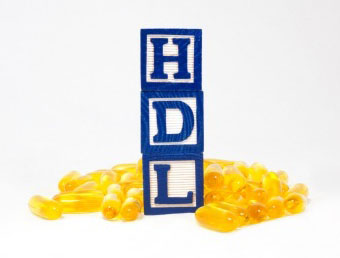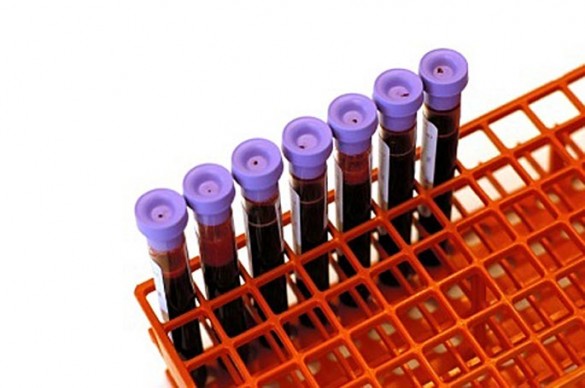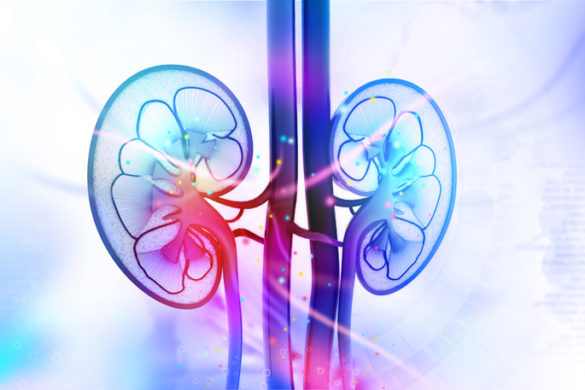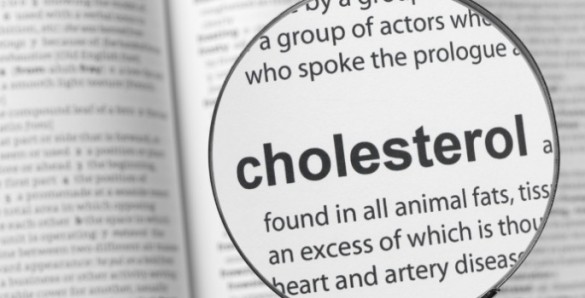Patients with end-stage renal disease on dialysis (ESRD-HD) are at high risk for cardiovascular disease – including heart attacks – and do not appear to benefit from cholesterol-lowering statin therapy.

Valentina Kon, M.D., professor of Pediatrics, and colleagues assessed the function of high-density lipoprotein (HDL), the “good” cholesterol that extracts tissue cholesterol and reduces inflammation, in patients with kidney disease. They found that HDL from patients with ESRD-HD was less effective in extracting cholesterol from macrophage cells – and increased macrophage inflammation – compared to HDL from patients with normal kidney function (matched for other conditions like diabetes). Statin therapy reduced the pro-inflammatory effect but did not improve cholesterol extraction. The researchers also found that activation of cellular cholesterol transporters increased cholesterol efflux to both normal and ESRD-impaired HDL.
The findings, reported in the Dec. 11 Journal of the American College of Cardiology, suggest that abnormal HDL function has a role in the increased cardiovascular disease risk in patients on chronic hemodialysis and point to cholesterol transporters as potential therapeutic targets for reducing this risk.
This research was supported in part by grants from the National Institutes of Health (HL087061, DK044757, HL065709, HL057986, HL065193, RR024975, AR056116).















